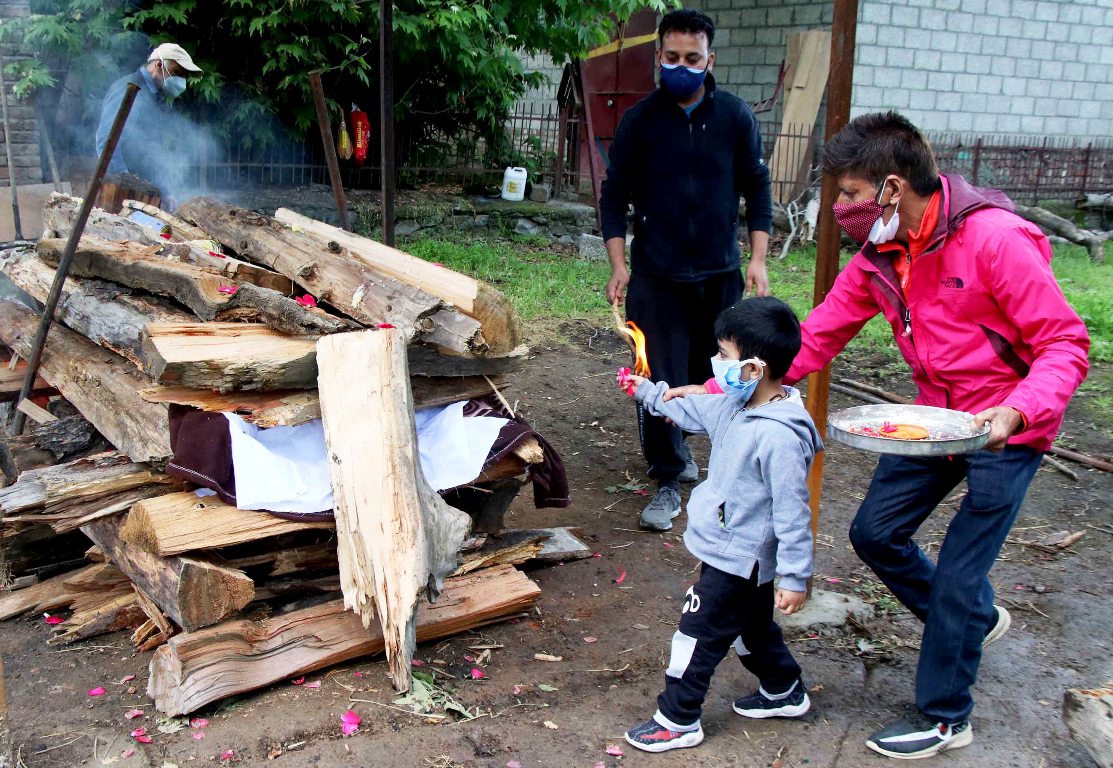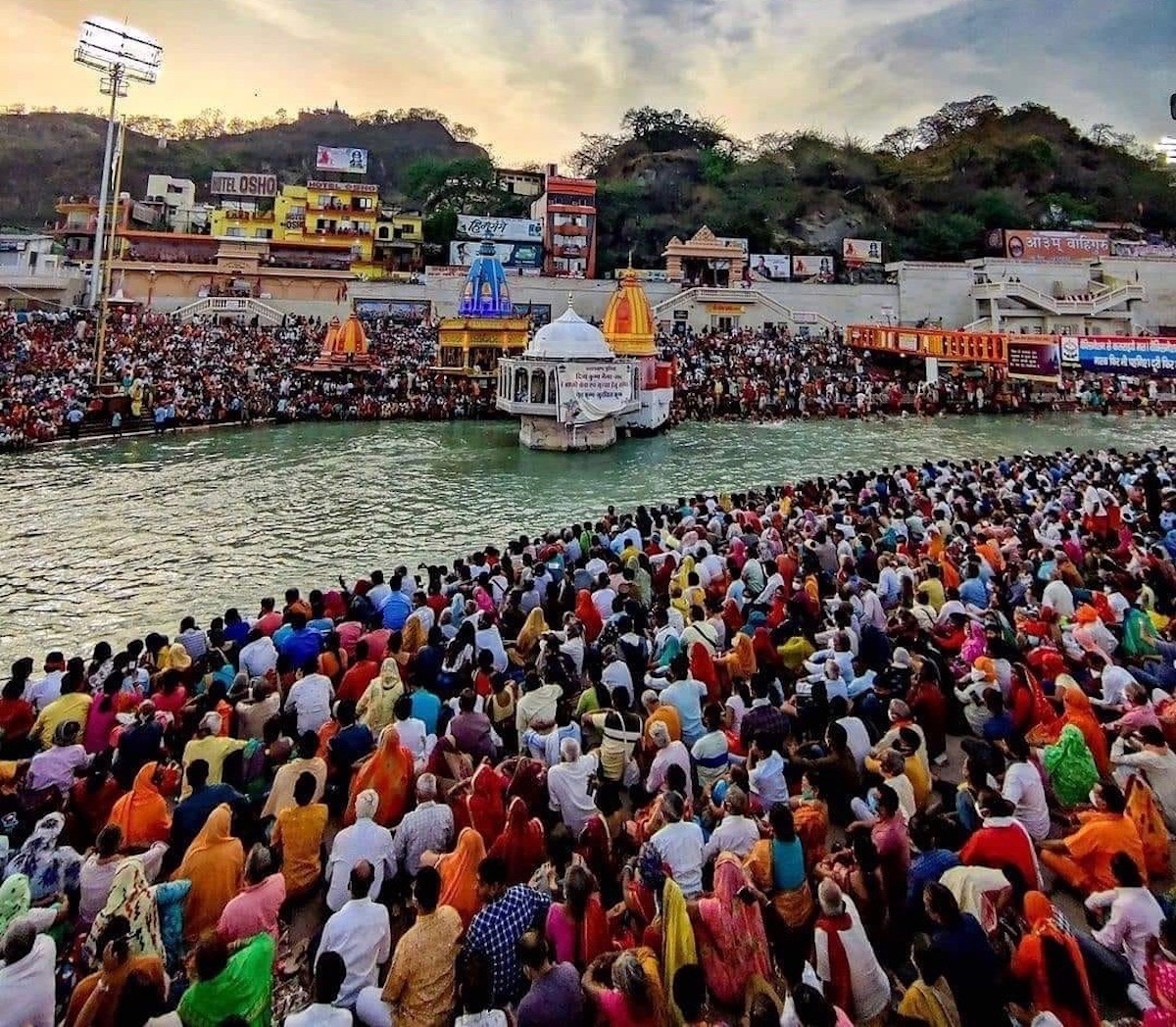SRINAGAR: India might have lost around 49 lakh people to Covid19, which is ten times the official count of slightly over four lakh, a study carried out by an American think tank said.

The Centre for Global Development study, according to India Today was co-authored by India’s former Chief Economic Adviser Arvind Subramanian, Abhishek Anand from Harvard University and Justin Sandefur from the Centre. The study says the deaths caused by the second wave of the pandemic were the “worst tragedy since the Partition (in 1947)”.
Based on serosurveys, household data and official data, the study points towards a significant underreporting of deaths across India. “It acknowledges that there is considerable uncertainty within and across estimates,” the report said. “They range from about 1 million to 6 million deaths overall, with central estimates varying between 3.4 to 4.9 million deaths.”
“True deaths are likely to be in the several million not hundreds of thousands, making this arguably India’s worst human tragedy since Partition and Independence,” the report has said. “Estimating Covid-deaths with statistical confidence may prove elusive. But all estimates suggest that the death toll from the pandemic is likely to be an order of magnitude greater than the official count of 400,000.”

The report offers details about how they have reached the conclusion that India has more deaths than it officially reported.
“We report excess mortality estimates from three different data sources from the pandemic’s start through June 2021,” the report said. “First, extrapolation of state-level civil registration from seven states suggests 3.4 million excess deaths. Second, applying international estimates of age-specific infection fatality rates (IFR) to Indian seroprevalence data implies a higher toll of around 4 million. Third, our analysis of the Consumer Pyramid Household Survey, a longitudinal panel of over 800,000 individuals across all states, yields an estimate of 4.9 million excess deaths.”
The study authors are candid in admitting that each of these estimates has shortcomings and they also diverge in the pattern of deaths between the two waves of the pandemic. “Estimating COVID-deaths with statistical confidence may prove elusive. But all estimates suggest that the death toll from the pandemic is likely to be an order of magnitude greater than the official count of 400,000; they also suggest that the first wave was more lethal than is believed,” the report added.
The report says the failure to grasp the scale of the tragedy in real-time during the first Covid-19 wave “may have bred the collective complacency that led to the horrors of the second wave”.
India’s official death toll of just over 414,000 is the world’s third-highest after the United States 609,000 fatalities and Brazil’s 542,000.
A Lancet survey offered another aspect of the tragedy. “In India, an estimated 1.19 lakh children lost a primary caregiver — one or both parents, or one or both custodial grandparents,” a Lancet study said. “Among them, 1.16 lakh lost one or both parents.” The study authors told The Indian Express: “The estimates for India indicate an 8.5-fold increase in the number of children newly orphaned in April 2021 (43,139) compared to March (5,091).”
Meanwhile, herd immunity is around. “India’s fourth national serosurvey, which examines the prevalence of Covid-19 antibodies either through infection or vaccination, found that 67.6% of the population of more than 1.3 billion has Coronavirus antibodies,” British newspaper The Guardian reported. “The survey also demonstrated the slow pace of India’s vaccination programme. Of those surveyed, 62.2% had not been vaccinated, 24.8% had taken one dose and 13% were fully vaccinated.”















